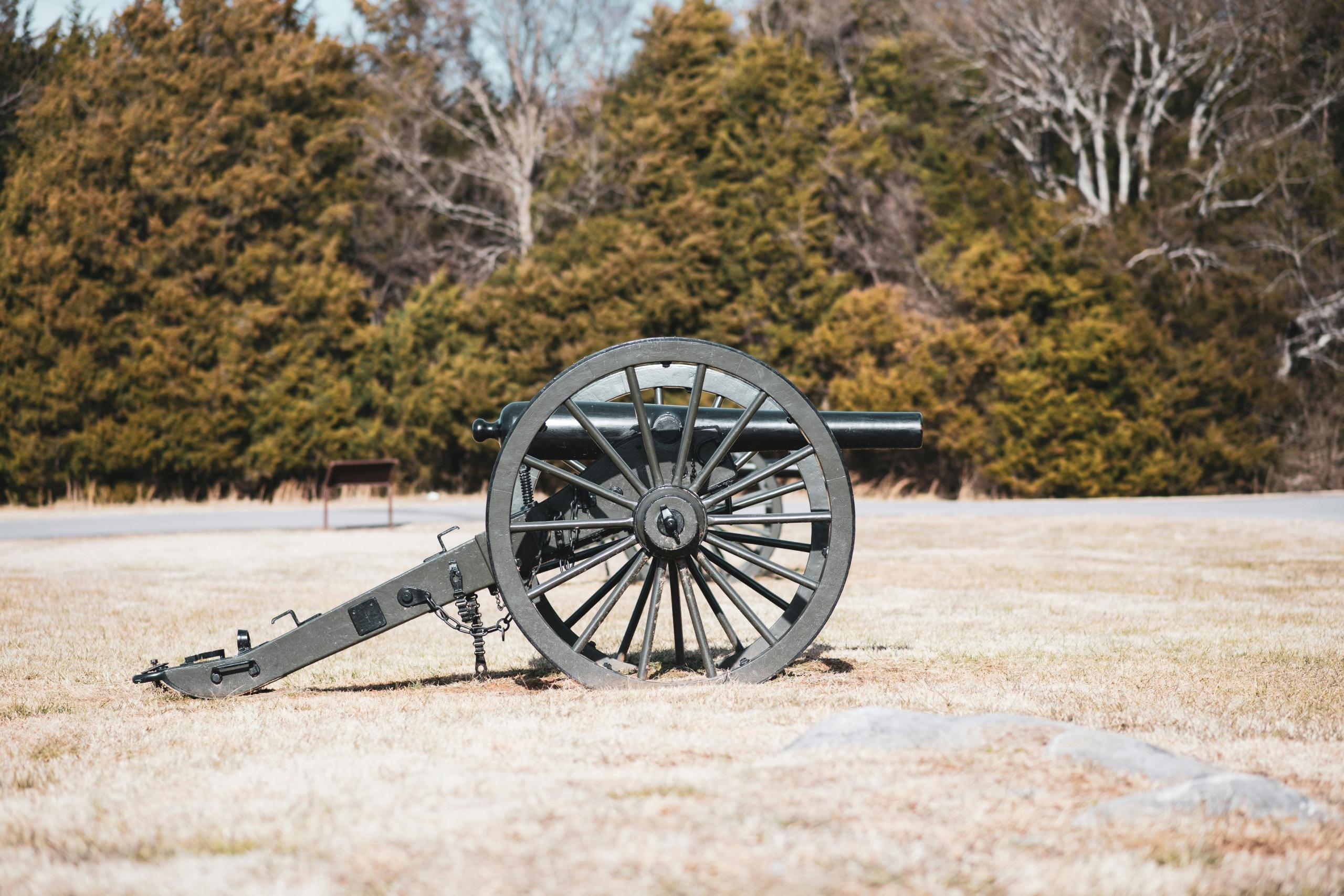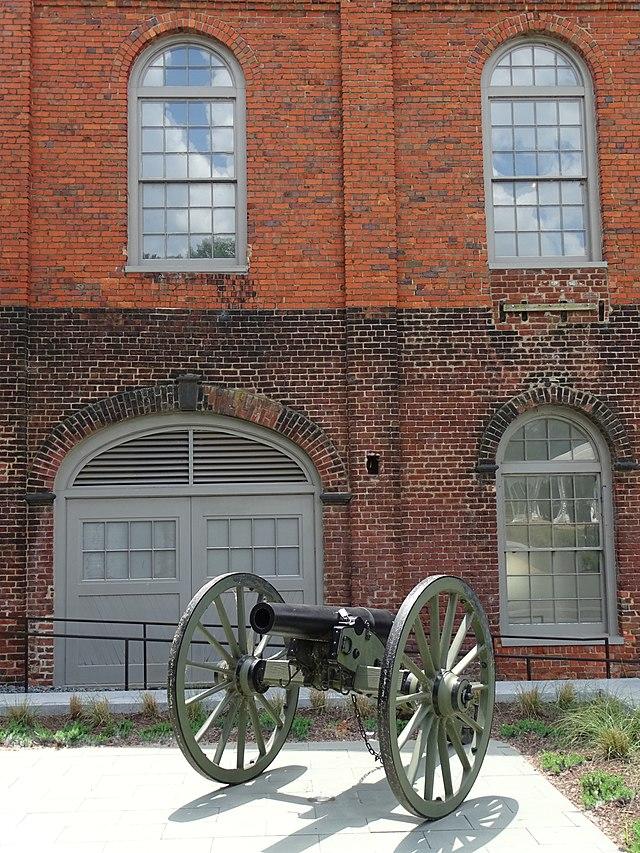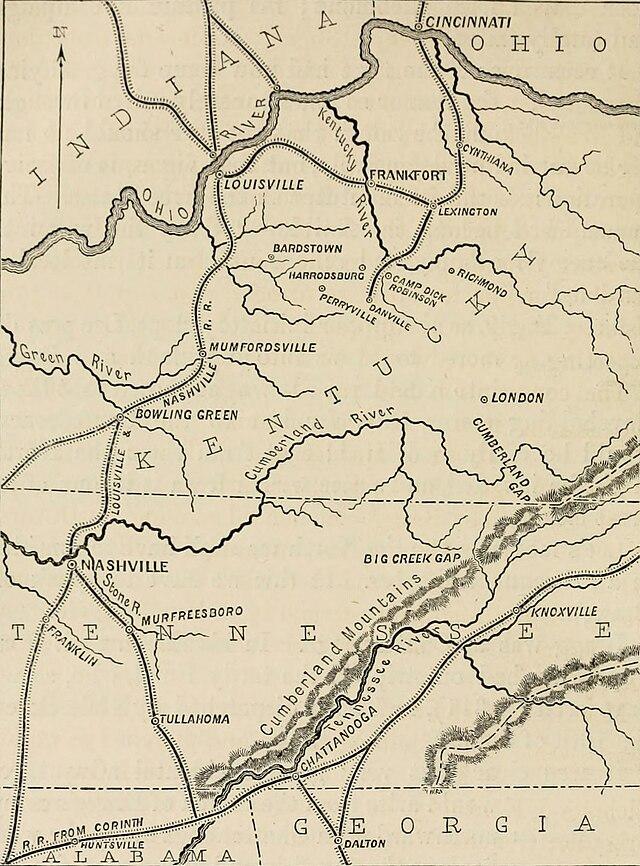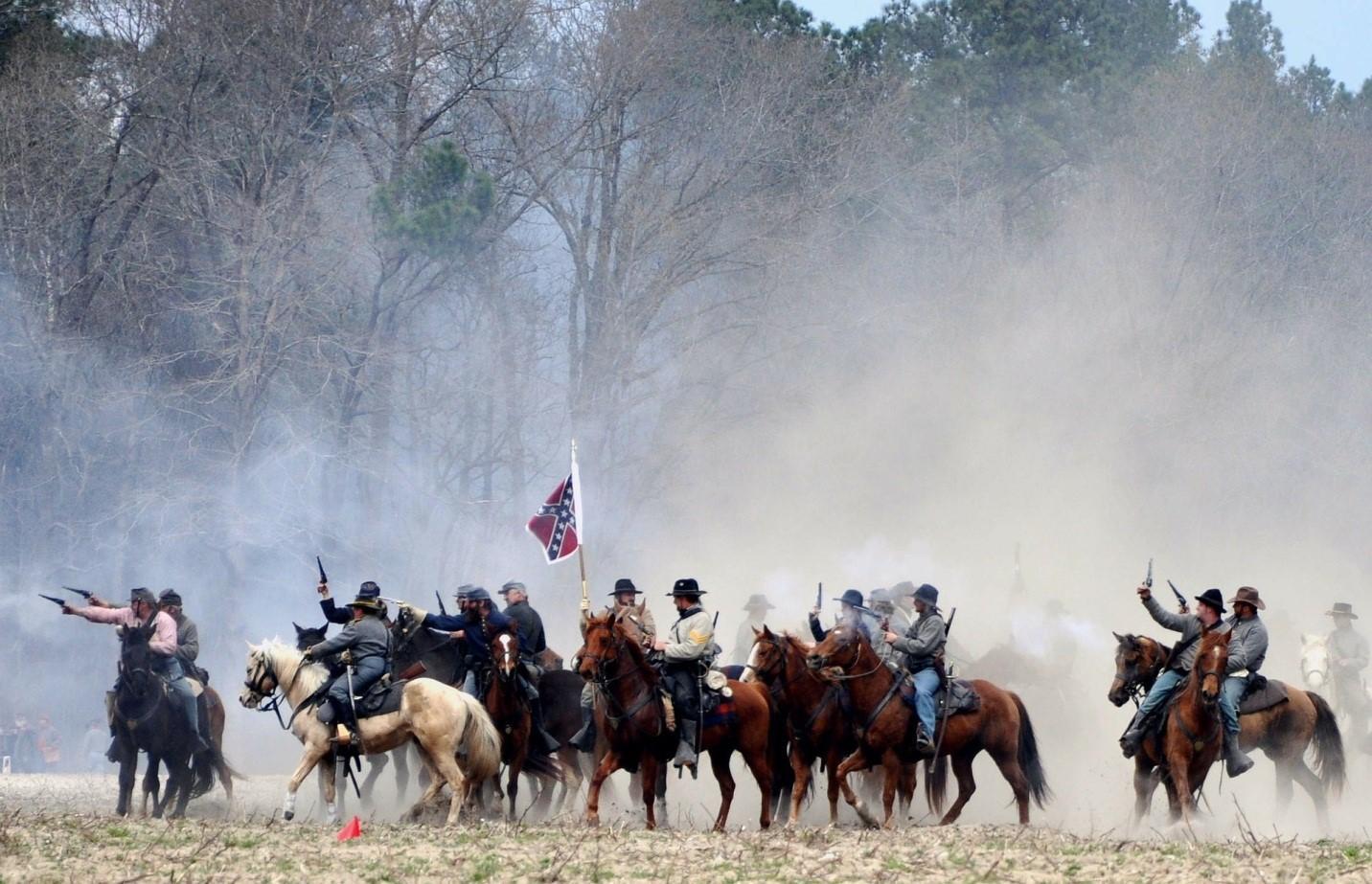If spirit and zeal determined military victory, the Confederates might just have been deemed victorious. The South did have its fair share of cotton plantations and slaves, but those weren't enough to win a war, especially when facing off against the much more industrialized Union.
The Union's victory over Confederate forces created a pivotal moment that transformed American society and culture forever, an outcome that was foreseen on the battlefield by many influential Southerners, like Sam Houston and Rhett Butler.
In this article, we’ll take a look at how the loss of the Confederates and the subsequent aftermath affected the America we know to this very day!
April 12, 1861
Surrender at Appomattox Court House
Confederate forces attacked Fort Sumter in South Carolina, marking the beginning of the Civil War.
September 17, 1862
Emancipation Proclamation
The bloodiest single-day battle in American history, resulting in a strategic Union victory that allowed President Lincoln to issue the Emancipation Proclamation.
July 1-3, 1863
Battle of Gettysburg
A major turning point in the war, where Union forces defeated the Confederate army, ending General Lee's invasion of the North.
January 1, 1863
Emancipation Proclamation
President Lincoln issued this executive order, declaring slaves in Confederate states to be free, transforming the nature of the war.
April 9, 1865
Surrender at Appomattox Court House
General Robert E. Lee surrendered to General Ulysses S. Grant, effectively ending the Civil War.

Who Won the War?
The definite victor of the American Civil War was the Union or the United States. After four years of war, the Confederate armies finally surrendered in April 1865.
As with any conflict, the Union’s victory wasn’t just manifested; it was a result of a number of battles and strategic advantages. The war also went on over an extended period of time, so some events had a bigger role in determining the outcome than others.

The moments that are said to have turned the tide in the Civil War were the Union victories over the course of July 1863. This month, the Union triumphed in both the Battle of Gettysburg and the fall of Vicksburg, dealing a heavy blow to Confederate morale and steering the war in their favor.
It’s rare that such a significant period in history can be attributed to the role of a group or a person, but Ulysses S. Grant’s role as general-in-chief of all Union armies made a massive difference to how the sides conducted themselves on the battlefield. His detailed strategy targeted the Confederacy from multiple directions and kept constant pressure until the final surrender.
The Union's superior resources played a major role in their success, having 24 million people compared to the South's 9 million, plus a massive railroad network stretching 22,000 miles while the South had only 9,500 miles.
A lot needs to go your way if you’re going to win a war, and advantages on the battlefield are often not enough to reign supreme. The Union’s victory can also be attributed to advantages in manufacturing and transportation that steadily overwhelmed Confederate resistance.
The war finally came to an end in April 1865 when Robert E. Lee finally raised the white flag and surrendered to Grant at Appomattox Court House.
The Civil War took its toll on the South, leaving it bankrupt, with most major farms and factories in ruins. After the war, the Southern Confederate states were occupied by the Union. Then they were rebuilt and integrated into the United States. This period was known as the Reconstruction era and lasted for nearly twenty years.
Why Did The Union Win?
War needs constant access to supplies and essentials, and while the North had industrialized and developed means of weapons production, the South lagged drastically.
The Southern economy was poorly planned and ill-suited for a long-drawn war, as theirs was mostly an agrarian-based society. Any disruption to crop yield and agriculture was sure to cripple the Confederates.
Closely related to that seems to be the South's dependence on importing essentials from outside the Confederate states and a firm reliance on Northern buyers for their agricultural produce. With much of the nation's wealth concentrated in the North, they could bank on their accumulated reserves when the time came for war.

The South, however, had to depend on levying taxes on its populace, which proved devastating for most residents who were not wealthy.
To add to their problems, the South had an ill-equipped naval fleet and a lack of ground transport infrastructure.
Their inadequate preparations effectively lost them the war even before it began.
When the fighting started, the Union implemented a naval blockade on the Southern ports, cutting access from necessities and war supplies. Without a port to export their agricultural produce, the Southerners couldn't generate enough revenue to fund their war initiatives.
The South depended on inter-riverine transport, which was time-consuming and inefficient. And to make matters worse, it was actively patrolled by the Union Navy. However, the South had the advantage of fighting on their home turf. It was the North that had to take an offensive stance and trek through unfamiliar territory.
The Confederates also had the advantage of holding large chunks of land in the South, which was difficult for the Union to capture and hold for long.
The Confederates lost a third of their battle-hardened men in the Gettysburg battle. These losses eventually spelled defeat for the South, despite their zeal. In hindsight, the Civil War is a fascinating look into how the South eventually lost their resolve, partly due to political bickering.

Immediate Aftermath of the United States Civil War
Abraham Lincoln's iconic speech in November 1863 in the same town. This speech was meant to galvanize the country in the immediate aftermath as he expressed full commitment to preserving the United States.
Now, you may remember being told how the war had countless implications on the country's history back in your school history class. But what exactly did the immediate aftermath look like when the conflict came to its end?
Well, after the Union's victory and President Abraham Lincoln's assassination on April 14, 1865, the country was quickly steered on a course of post-war reconstruction.
The country needed to reunite under the newly elected president, Andrew Johnson's leadership, a term that brought plenty of obstacles along with some important changes to reconstruction policies.
One of the biggest changes associated with the war was when the Freedmen's Bureau started its operations, which became a vital support system for formerly enslaved people, taking care of everything from food distribution to medical care and legal representation.

Then there was the political side of things, with the Civil Rights Act of 1866 having passed, marking the first major legislation in American history that became law despite a presidential veto.
The US Civil War left the Confederate states in a shell-shocked state. The crop fields and livestock were left reeling, and whatever supplies the South had stocked were left depleted. To replenish these supplies during the end of the war, Confederate General Robert E. Lee led an invasion of the North in the summer of 1863.
Long-term Implications of the Union's Triumph
This defining period of history presented plenty of change in America and led to the abolishment of slavery, and bringing about a new America, where every American was an equal citizen, regardless of race or color.
Though women were to get the right to vote almost half a century later, the US Civil War's social after-effects laid the foundations for the suffragette movements.

Furthermore, the Confederate states were re-admitted to the United States, giving birth to a united America expanding to the West Coast, Alaska, and Hawaii.
Three amendments to the Constitution still stand out as reminders of the Civil War: the 13th, 14th, and 15th Amendments.
These amendments proved to be necessary for an equal America and still play an ongoing role in our society as a part of the civil rights struggle.
These amendments are some of the most defining long-term implications that came about as a result of the Civil War and, more particularly, the Union's victory, which paved the way for ample societal change. This thirteenth constitutional amendment and the fourteenth amendment served to abolish slavery and establish birthright citizenship, respectively.
Despite the progress, the extended period of time that followed the conflict presented plenty of challenges to newly freed African Americans, who faced many challenges as they sought education and land ownership opportunities.
Understanding American History
It’s easy to flick through your school history books and marvel at the stories that feature not just here in the US but across the world. With so many monumental events that have happened since the beginning of the documentation of time, we often overlook certain events or don’t pay them the attention they deserve.
By narrowing our scope on the Civil War to investigate the causal factors leading to the Union's victory along with the short and long-term effects that followed, we can gain a better understanding of the events that played such a big role in shaping American history.
The constitutional amendments that followed this victory and established new civil rights protections that altered the federal government's relationship with state authority impact us to this very day, often in more ways than anybody could have imagined before the war.
Hopefully, after reading your article, you will find a deeper understanding of how the union’s military success led to permanent social and political changes that continue to influence American democracy and civil rights. What was the Civil War? It was the beginning of America as we know it!
Résumer avec l'IA :
















